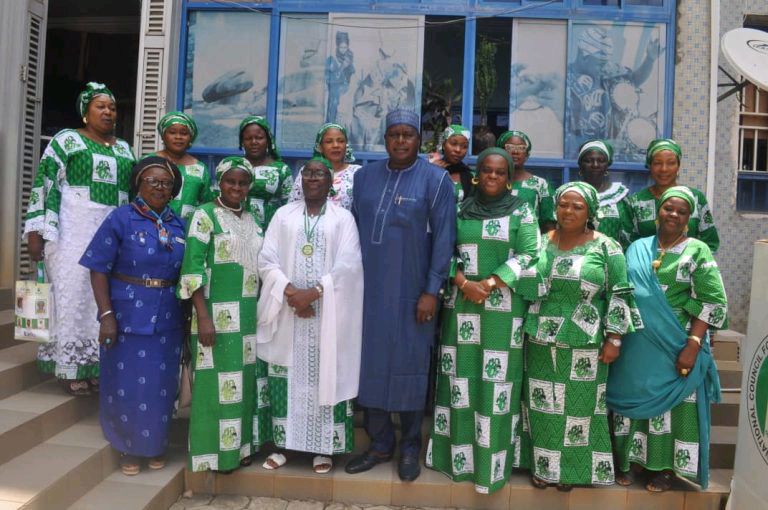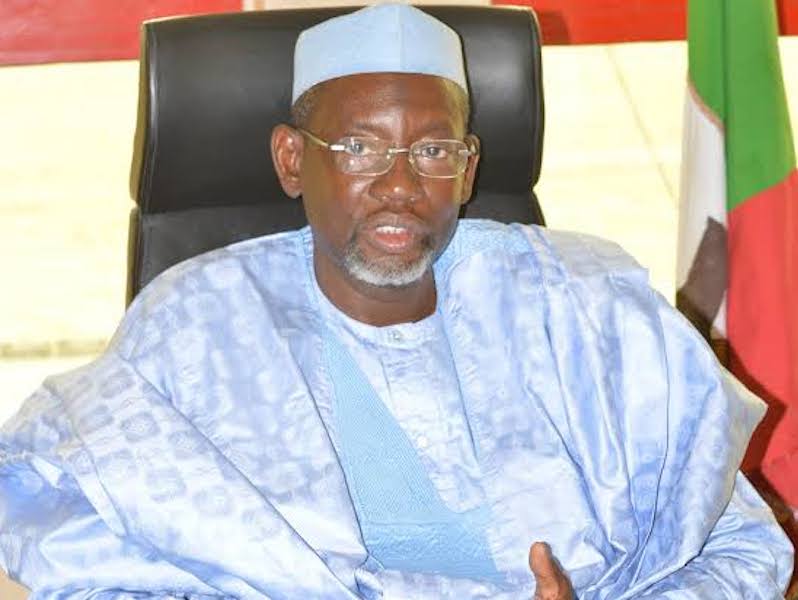By Taiye Olayemi
The National Council for Arts and Culture (NCAC) and the National Council for Women Society (NCWS) have reached an agreement to evolve a new brand that will empower vulnerable Nigerian women and build capacity among them.
Chief Olusegun Runsewe, Director – General, NCAC, in a statement on Sunday, said this would also create a platform to enable women contribute their quota to national development.
Runsewe said the agreement was reached when the newly elected executive members of the NCWS led by its National President, Hajia Lami Adamu, paid a courtesy visit to NCAC headquarters in Abuja on Friday.
He expressed delight over the visit, which he said would open new vistas for collaborations for the NCAC and NCWS to empower Nigerian women and fortify the future of the girl-child.
The director – general decried the fast eroding cultural values in the society which had led to juvenile delinquencies and borrowed western cultures.
“As women, the onus is on you to begin a campaign to rescue our youths and the girl-child from the claws of westernisation and alien cultures and inculcate in them good moral principles and the true Nigerian culture,” he said.
Runsewe, who doubles as the President of the World Crafts Council, African Region, urged the women society to make bold statements.
He advised them to redouble their efforts in sensitising mothers to be mindful of the schools they send their children as a high percentage of immorality, rape cases and gender-based crimes originated from the school environment.
The director-general reiterated the urgent need for the new leadership to hit the ground running given the onerous task ahead of them.
He also promised to keep his doors open for collaborations and necessary support to make the NCWS achieve its desired objective.
In her remarks, Adamu commended Runsewe for being a pillar of support to the women society in areas of skills acquisition, capacity building and empowerment as they seek areas of further collaborations.
She said that the newly inaugurated executive members of the society were proud to identify with Runsewe.
She said that Runsewe had positively projected the image of Nigeria home and abroad within the culture and tourism sector and was also working assiduously to transform Nigeria’s rich and diverse cultural heritage into a viable economy.
She disclosed that the new leadership of the NCWS had commenced the development of a strategic plan as a roadmap for achieving the vision of the council for the next five years.
According to her, these include promoting women in leadership and governance, promoting economic empowerment of women, child protection, girl-child education and building an effective and efficient NCWS as a valued partner for promoting the gender agenda.
The NCWS president, therefore, solicited a strong collaboration with the NCAC to enable the women society achieve its lofty programmes and take vulnerable women off the streets. (NAN)



